Fragmented EU customs rules leave yacht owners exposed
Conflicting EU customs rules risk massive VAT bills for superyachts. A recent case exposes why harmonised enforcement is urgently needed across member states…
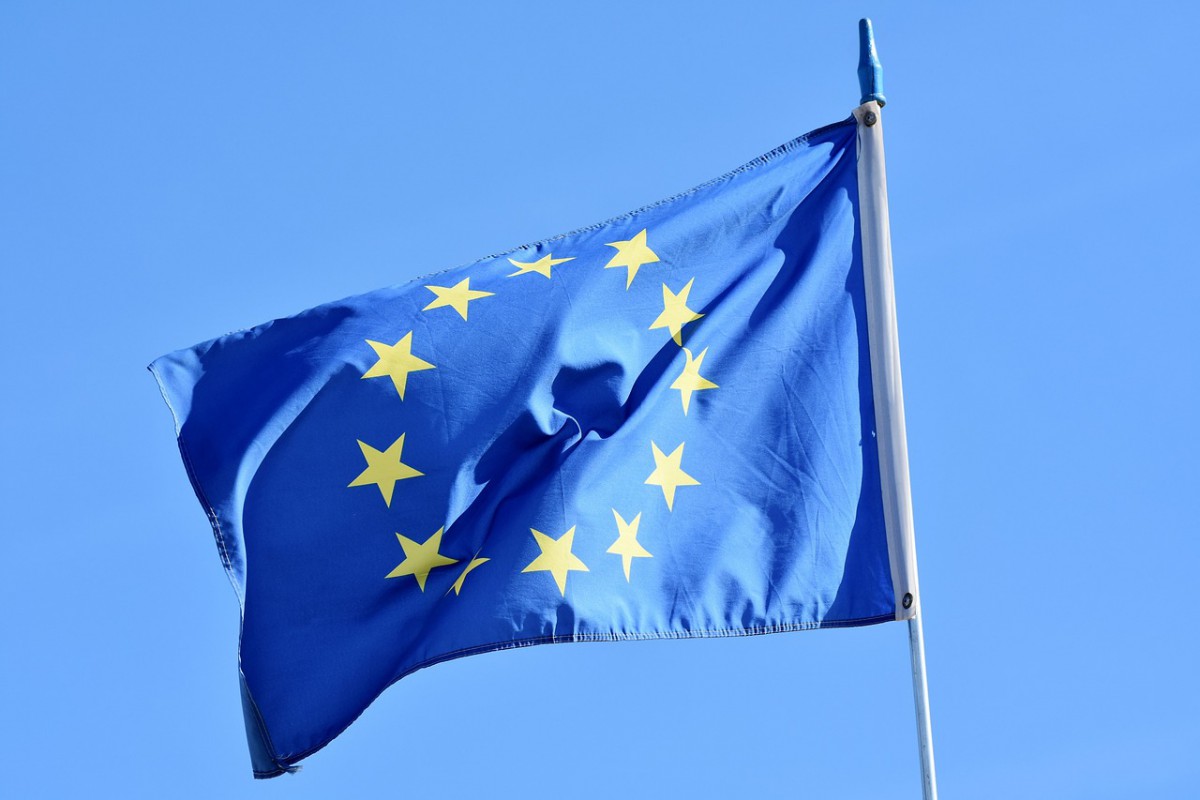
When does the clock really reset under Temporary Admission? In this article, Miguel Ángel Serra, founding partner, Llegalley+ and Freddy Desplanques, partner, Stream dissect a recent case that reveals troubling inconsistencies in EU customs enforcement that carry multimillion-euro consequences.
We recently handled a complex case involving a non-EU flagged yacht under the Temporary Admission (TA) regime, which underwent works in Spain under Inward Processing Relief (IPR).
The situation has exposed a troubling inconsistency in how EU member states interpret customs rules and could have serious financial consequences for superyacht operators. Specifically, the issue concerns the start of the 18-month period permitted under TA for non-EU vessels in EU waters.
After completing VAT-exempt works under IPR in Spain, in full compliance with the Union Customs Code (UCC), the vessel was exported by sailing beyond 12 nautical miles off the Spanish coastline (which is typically considered ‘international waters’) and re-imported under TA.
However, a later inspection in France raised a serious issue. French Customs argue that because the vessel had not called call at a third-country port (for example, Gibraltar or Algeria), the export was invalid.
As a result, they refused to recognise the ‘restart’ of a new 18-month TA period and continued the countdown from the original entry despite the validated export from Spain and re-entry into the EU.
Under this interpretation, if a yacht had already used 15 of its 18 months before entering IPR, it would only be granted 3 more months upon re-entry, even though it had exited EU waters and restarted the process according to Spanish customs.
We strongly disagree with this position and find it legally unsound. In fact, Article 215 of the UCC (Regulation (EU) No 952/2013 of the European Parliament and of the Council, laying down the Union Customs Code) is clear enough.
Inward processing is discharged ‘when the goods [in this case, the vessel] placed under the procedure (…) are placed under a subsequent customs procedure (…)’ or ‘have been taken out of the customs territory of the Union”.
In our case, both conditions were clearly met; The vessel was placed under TA after IPR and physically exported by crossing beyond the EU’s territorial waters, as defined by Article 4.1 of the UCC.
Moreover, there is no requirement under the UCC that mandates a stop in a third-country port to validate an export. That is a local French interpretation, not an EU-wide rule.
Furthermore, GPS tracking confirmed the vessel’s departure and return beyond 12 nautical miles from Spanish baselines. This data was accepted and formally acknowledged by Spanish customs.
The doctrine applied should be harmonised across all EU Member States, especially considering that the UCC is an EU regulation, the highest hierarchical rank norm after the EU treaties.
French customs themselves even allow export formalities to close at the 12-nautical-mile line for yacht deliveries, so their approach is even inconsistent with their position.
This fragmented approach not only undermines the legal consistency of the Union, it also exposes operators to significant risk. If a vessel is deemed to have overstayed under TA, import VAT is triggered immediately. That is a liability that could run into the millions.
So, where does this leave yacht owners and managers?
To avoid any grey areas, we now strongly recommend returning to Spain after such an export and placing the yacht under the TA regime by filing an Annexe 71.01 (oral declaration). That will evidence the beginning of a new 18-month’ period in the UCT. We do not expect this form to be challenged by French customs.
But this is a patch, not a fix. Ultimately, this issue highlights the urgent need for harmonisation across member states. Customs rules are only as useful as their consistent enforcement and maritime operators cannot afford to play regulatory roulette every time they cross into a new jurisdiction.
We have raised the matter with French customs and encourage further dialogue at the European Commission level. Until then, collaboration between local lawyers in each jurisdiction remains essential to protect clients and ensure the smooth, predictable application of EU law.
Any views, thoughts and opinions expressed here are those of the author and are not intended to malign any particular individual or organisation and may not reflect the views, opinions, policies or positions of The Superyacht Group.
As an open-source platform, we offer an industry-wide invitation to anyone and everyone in our sector to share their knowledge, experience and opinions. So if you have an interesting and valuable contribution to make, and would like to join our growing community of guest columnists, share your ideas with us at newsdesk@thesuperyachtgroup.com
NEW: Sign up for SuperyachtNewsweek!
Get the latest weekly news, in-depth reports, intelligence, and strategic insights, delivered directly from The Superyacht Group's editors and market analysts.
Stay at the forefront of the superyacht industry with SuperyachtNewsweek
Click here to become part of The Superyacht Group community, and join us in our mission to make this industry accessible to all, and prosperous for the long-term. We are offering access to the superyacht industry’s most comprehensive and longstanding archive of business-critical information, as well as a comprehensive, real-time superyacht fleet database, for just £10 per month, because we are One Industry with One Mission. Sign up here.
Related news

“Not too late to change tack!”
European Boating Industry statement on EU tariffs on US recreational boats
Business
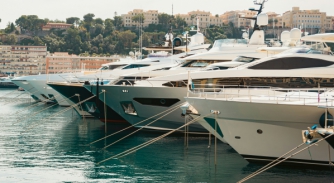
Smart Spanish tax structure brings substantial savings
Miguel Ángel Serra, founding partner of Llegalley+, reveals how it’s possible to sell a new-build vessel 20 per cent cheaper than competitors
Owner
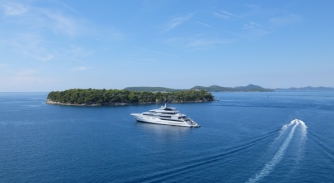
Don’t wait – lead
EU sustainability rules are changing – Water Revolution Foundation outlines what this means for yachting
Business
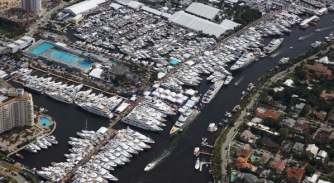
Seaborn in the USA
With a presidential election imminent, we dissect the American superyacht market to determine the health of the market across the Atlantic
Business
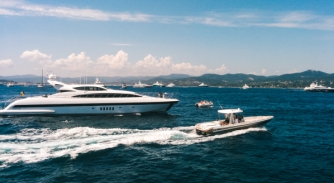
What are the multi-million-dollar questions prospective owners should be asking?
Nic Arnold, UK head of JTC Private Office, lists the priorities that should be considered by anyone before they enter the realm of yacht ownership
Owner
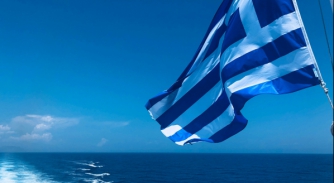
New Greek e-charter permission platform
Rosemary Pavlatou, president, HCPY, discusses the digital application procedure allowing foreign-flagged yachts to charter for up to 28 days annually
Crew
Related news
“Not too late to change tack!”
10 months ago
Smart Spanish tax structure brings substantial savings
11 months ago
Don’t wait – lead
11 months ago
Seaborn in the USA
1 year ago
New Greek e-charter permission platform
2 years ago
NEW: Sign up for
SuperyachtNewsweek!
Get the latest weekly news, in-depth reports, intelligence, and strategic insights, delivered directly from The Superyacht Group's editors and market analysts.
Stay at the forefront of the superyacht industry with SuperyachtNewsweek



